Activities of daily living are those activities that increase a person’s independence and their adaptation to the environment. Certainly, there are three types: basic, instrumental activities of daily living and advanced.
What are instrumental activities of daily living?
These are activities oriented toward interaction with the environment that are often complex and generally optional, since they can be delegated to others.
Types of instrumental activities of daily living
- Pet care,
- raising children,
- use of communication systems,
- community mobility,
- managing financial matters,
- health care and maintenance,
- creating and maintaining a home,
- meal preparation and cleaning,
- safety procedures and emergency responses,
- shopping.
What is their objective?
Instrumental activities of daily living aim to interact with the environment. They are also more complex than basic activities of daily living and are necessary to live independently.

Subscribe
to our
Newsletter
5 examples of instrumental activities of daily living
The neurorehabilitation platform for professionals, NeuronUP, develops exercises to work on instrumental activities of daily living. For this reason, you can create your training program in activities of daily living for your users. Also, remember that activities of daily living should ultimately be practiced with each patient in their real environment based on their needs. After training with NeuronUP, this process will be less costly and more satisfying!
Below, we show 5 examples developed by NeuronUP.:
1. Objects, places and professionals
What does it involve?
First, we show you this exercise which consists of matching various objects with the places where they are obtained and the professionals responsible for them.
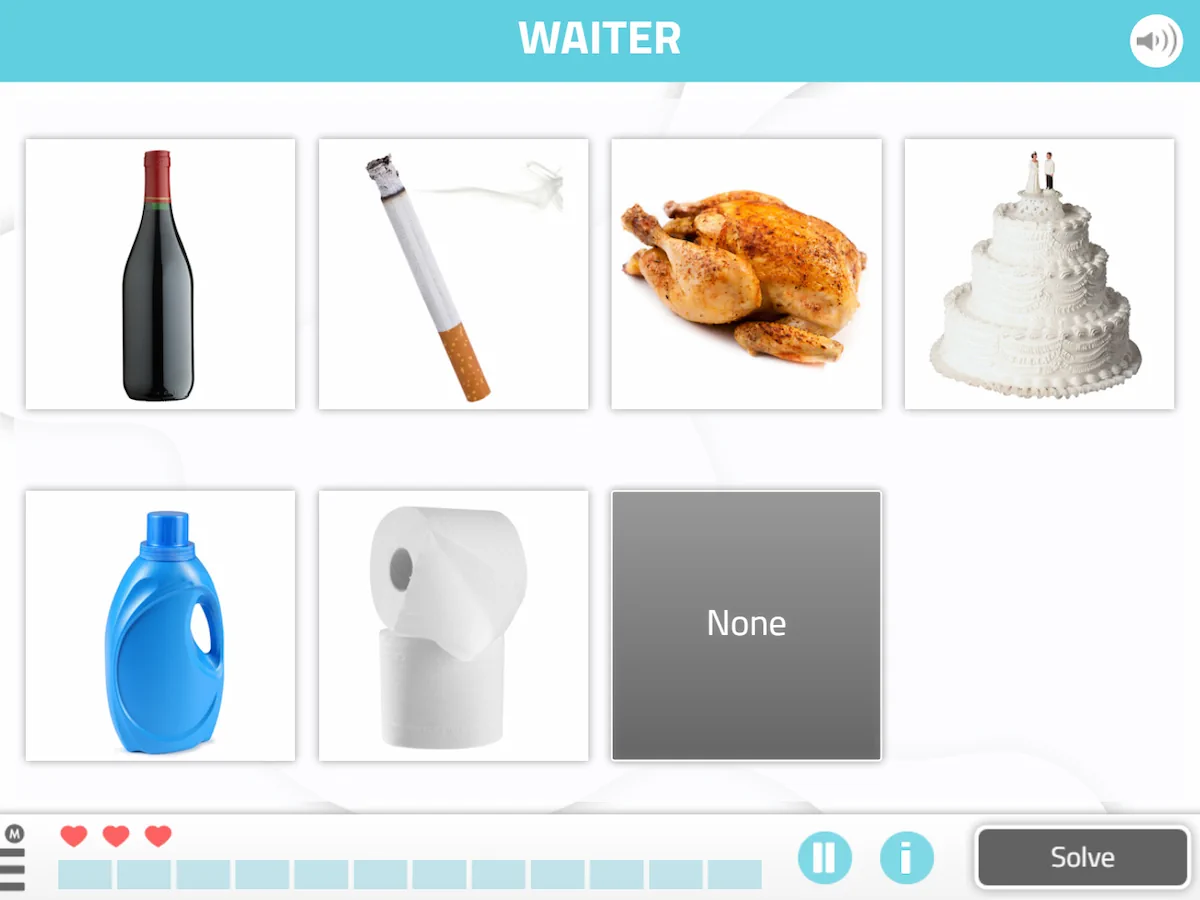
What does this worksheet work on?
This cognitive stimulation worksheet works on the Place Orientation and shopping.
2. What’s Making Noise in the Kitchen?
What does it involve?
This exercise consists of identifying the sounds heard in the context of a kitchen. First, the user must listen carefully to the noises, then they must click on the object that makes each sound. In the following image we show you an example:

What does this exercise work on?
On one hand, this game works on the auditory gnosias. It also works on the kitchen and cleaning.
3. Accurate Payments
Likewise, another of NeuronUP’s instrumental activities of daily living is Accurate Payments. It is an exercise with a clear benefit for daily life.
What does it involve?
The user has to select the exact amount of money requested.
Personalization of the activity
In this specific example we have customized the activity and selected that the currency we want to work with is the Mexican peso (you can choose the currency of any country).
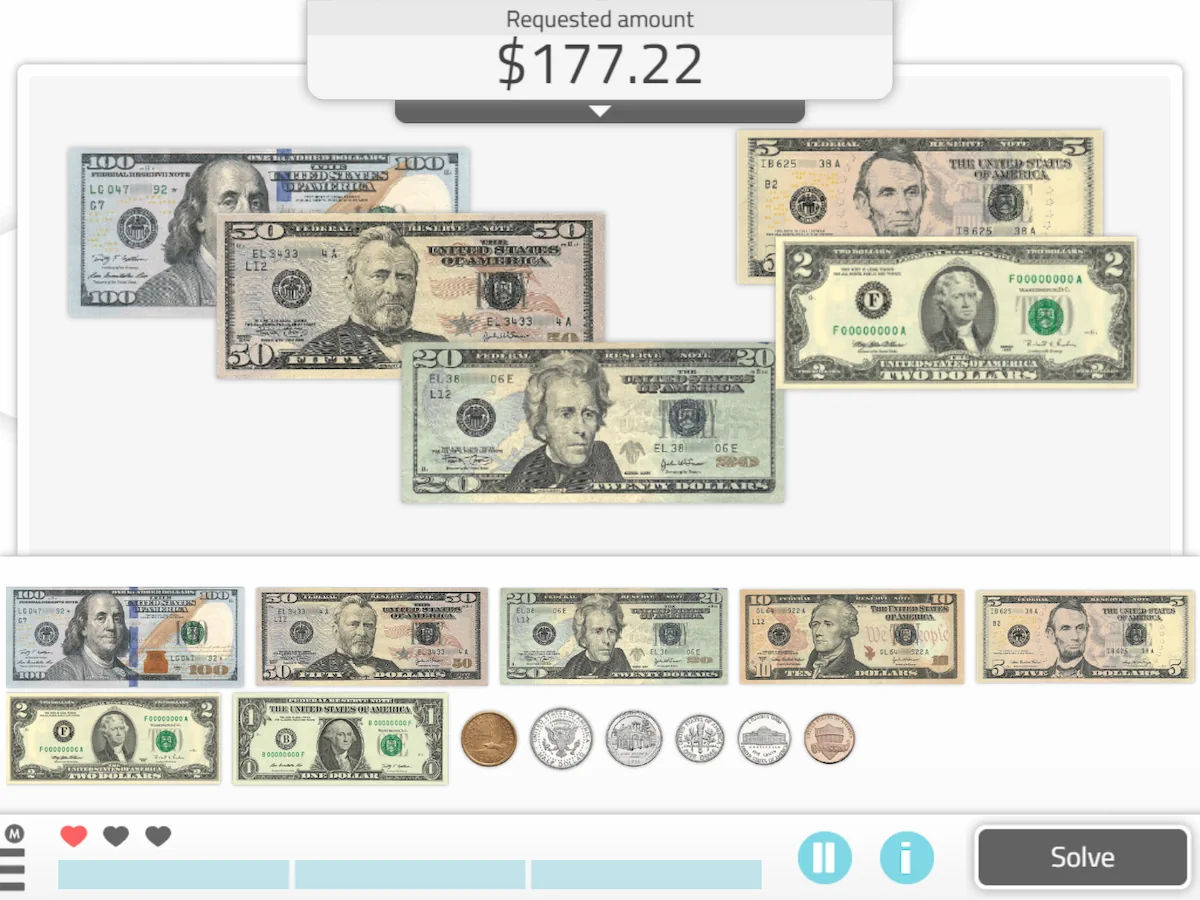
What does this activity work on?
It works on working memory, the shopping and planning.
4. Straighten Up the Kitchen
One of NeuronUP’s games to work on activities of daily living is Straighten Up the Kitchen.
What does it involve?
This exercise consists of placing the shopping items in their corresponding place.
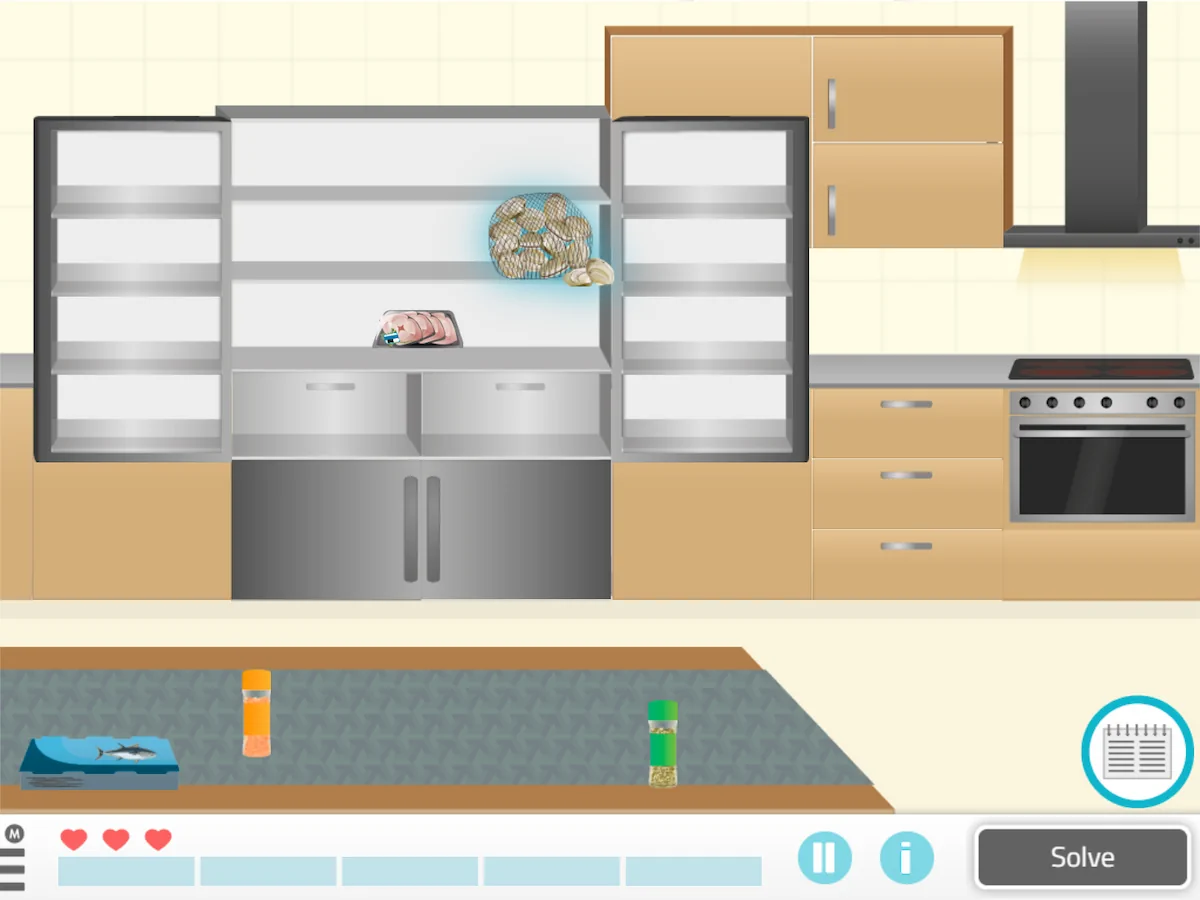
What does this activity work on?
It works on the kitchen and cleaning. It also targets sustained attention, semantic memory, episodic memory and reasoning.
5. Recycle Your Trash
To finish, the last example we mention is Recycle Your Trash.
What does it involve?
The user has to place different types of waste in their corresponding bin.

What does this activity work on?
Likewise, it works on the kitchen and cleaning. It also targets semantic memory and reasoning.
If you found this post about instrumental activities of daily living interesting, you may also be interested in the following information:
“This article has been translated. Link to the original article in Spanish:”
Actividades instrumentales de la vida diaria: qué son, tipos y ejemplos

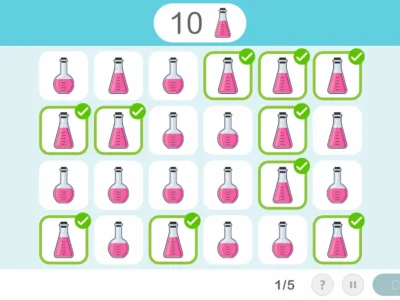
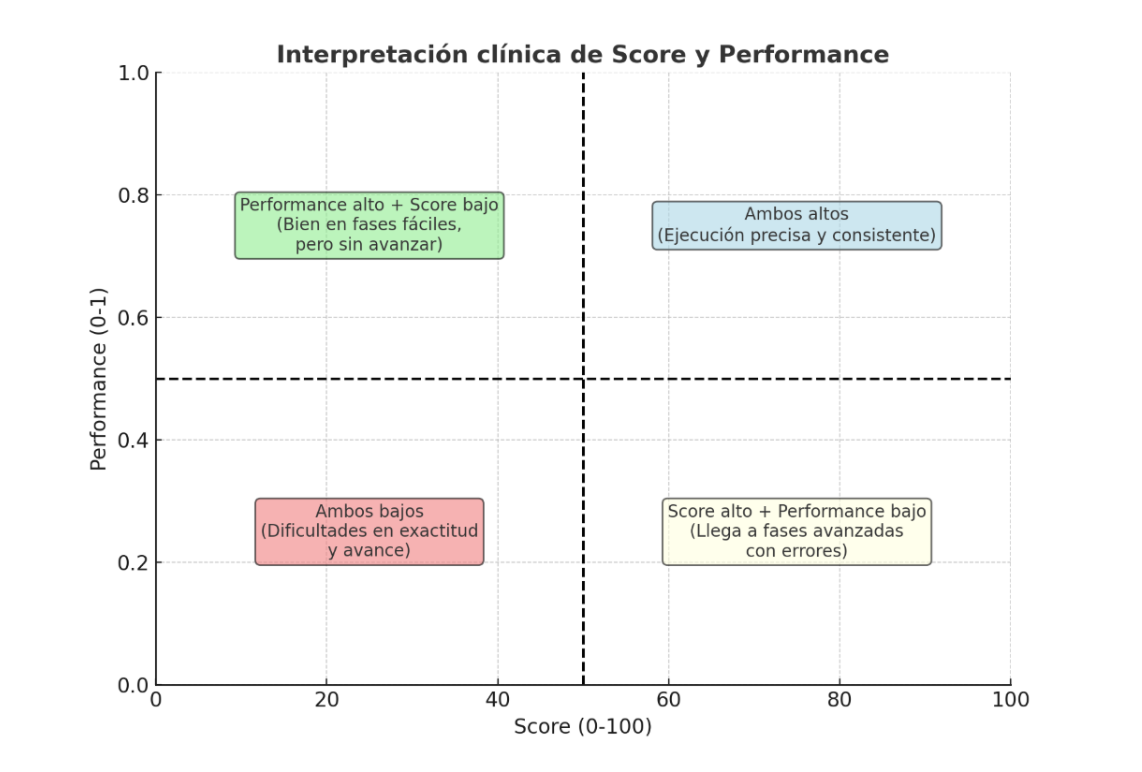

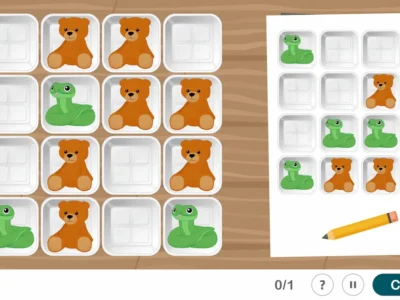


 Memory: definition, types, exercises, and evaluation
Memory: definition, types, exercises, and evaluation
Leave a Reply